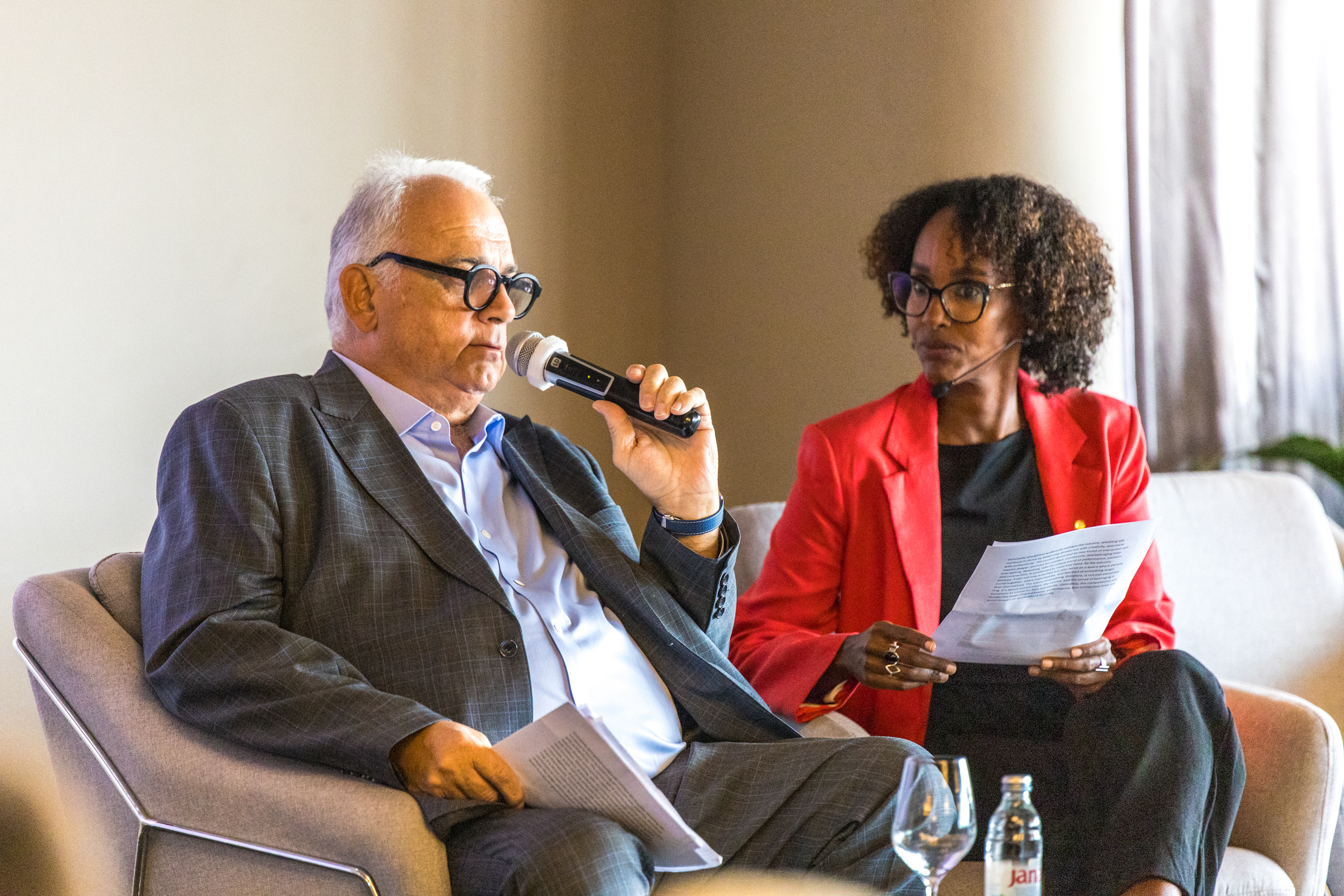Wrestling Announces Creation of Beach Wrestling World Series
Friday, August 24, 2018 - 18:52 By Eric Olanowski

CORSIER-SUR-VEVEY (August 23) -- United World Wrestling, the international governing body for the sport of wrestling, has announced details behind The Beach Wrestling World Series.
The creation of the Beach Wrestling World Series contributes to the structuring and promotion of Beach Wrestling to include the sport in all official multi-sport events.
Senior-level competitions will be comprised of eight weight categories divided equally amongst men and women. The four men’s weight classes are 70kg, 80kg, 90kg, and +90kg, and the four women’s weight classes are 50kg, 60kg, 70kg, and +70kg.
Beach Wrestling matches will consist of a single three-minute period and will only practice the standing position where the use of the legs are allowed in all actions.

Each bout will begin with both wrestlers standing opposite one another in the in the neutral position in the center of the 7-meter circle, waiting for the referee’s whistle to start wrestling. If the match is interrupted for any reason, action will resume in the neutral position in the center of the circle.
Wrestlers will be award one (1), or three (3) points using the following criteria:
One (1) point is the awarded to:
• the wrestler who manages to bring any of his opponent’s body part to the ground, except the hands.
• the wrestler who manages to bring any of his opponent’s body part out of the competition area.
• the wrestler whose opponent has received a caution for illegal action.
Note: the attacker (and only the attacker) can put one knee to the ground when executing an action if this action is finished by the opponent in the ground.
Three (3) points are awarded to:
• the wrestler who manages to expose his opponent’s back to the ground during a takedown or a throw.
Cautions for illegal actions award one (1) point to the opponent up to a total of 3 points during the same match, which results in the end of the match.
The first athlete to three (3) points wins the match. If there is a tie at the end of the match, the following criteria will be used to declare the winner:
- The highest value of holds
- Last point scored
- Weight of the athletes*
- The lowest number pulled during the draw/rank
*Their weights (at the official weigh-in) will be checked and the lighter (lightweight) one will be declared as the winner.
The 2018 Beach Wrestling World Championships in Sarıgerme-Ortaca (Mugla), Turkey on October 6-7 will be the first Beach Wrestling World Series event and will serve as a qualification tournament for the 2019 ANOC World Beach Games which will be held on San Diego’s Mission Beach from October 12-14.


 UWW Secretary General Carlos ROY welcomes the delegates to the World Conference. (Photo: United World Wrestling / Jake Kirkman)
UWW Secretary General Carlos ROY welcomes the delegates to the World Conference. (Photo: United World Wrestling / Jake Kirkman) Nenad LALOVIC in a Q/A session with UWW Development Director Deqa NIAMKEY.
Nenad LALOVIC in a Q/A session with UWW Development Director Deqa NIAMKEY. UWW Associated Styles Manager of UWW Onur SIMSEK.
UWW Associated Styles Manager of UWW Onur SIMSEK. UWW Beach Wrestling Committee President Pedro SILVA.
UWW Beach Wrestling Committee President Pedro SILVA. Pedro SILVA, left, and UWW Sports Director Jean-Daniel REY. (Photo: United World Wrestling / Jake Kirkman)
Pedro SILVA, left, and UWW Sports Director Jean-Daniel REY. (Photo: United World Wrestling / Jake Kirkman)
Share your thoughts.
Comments